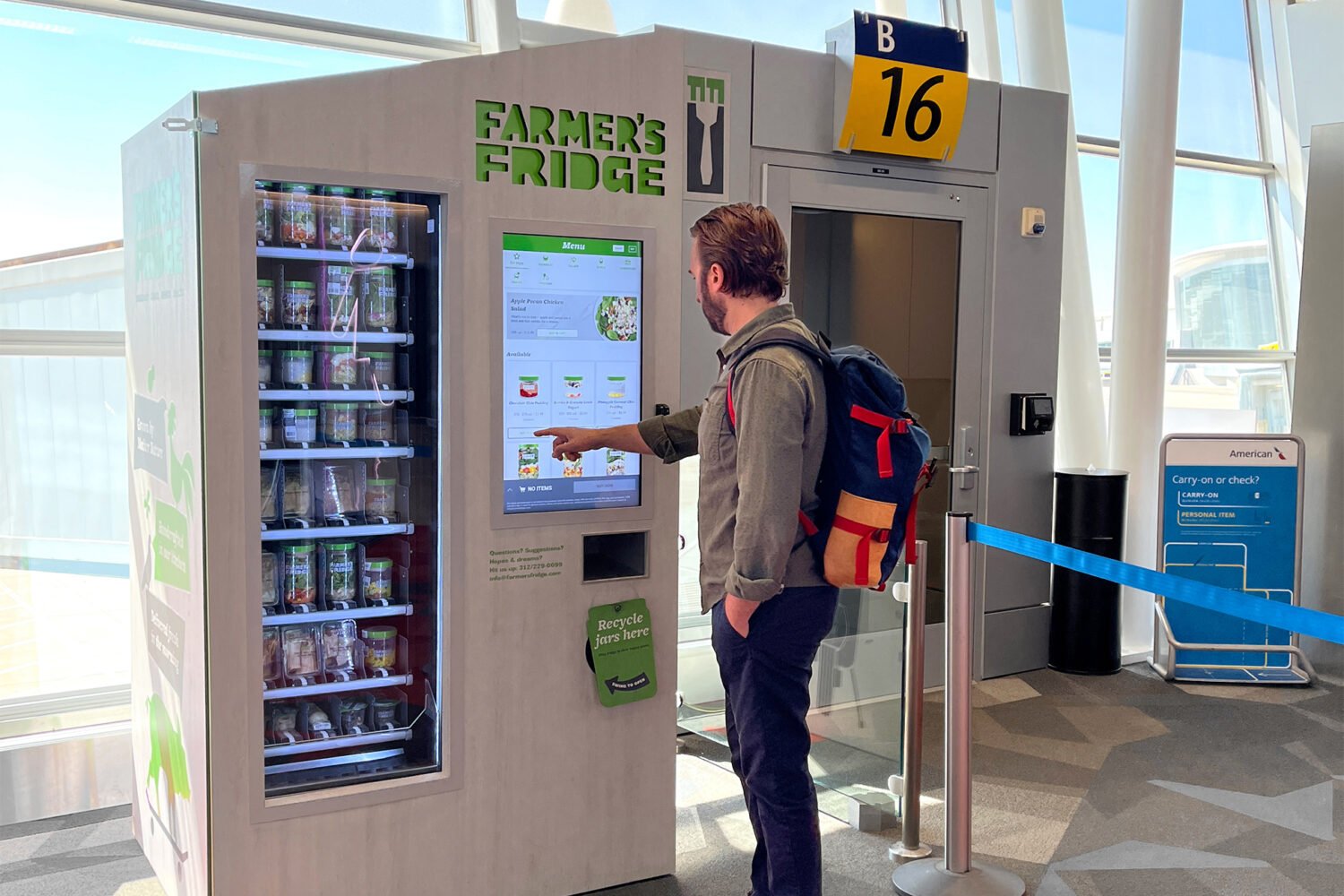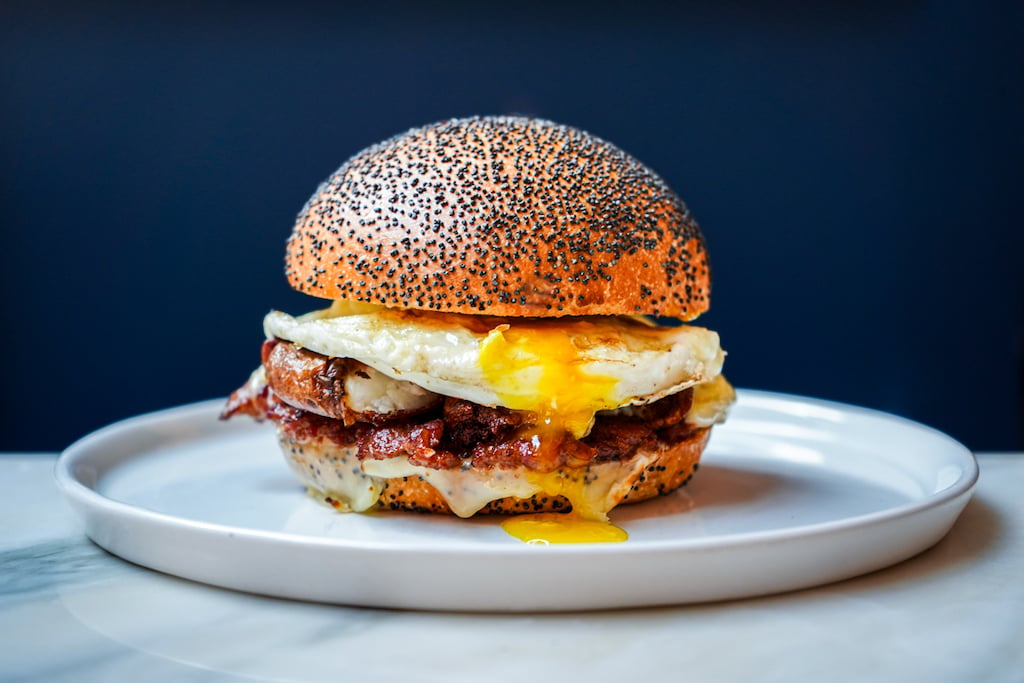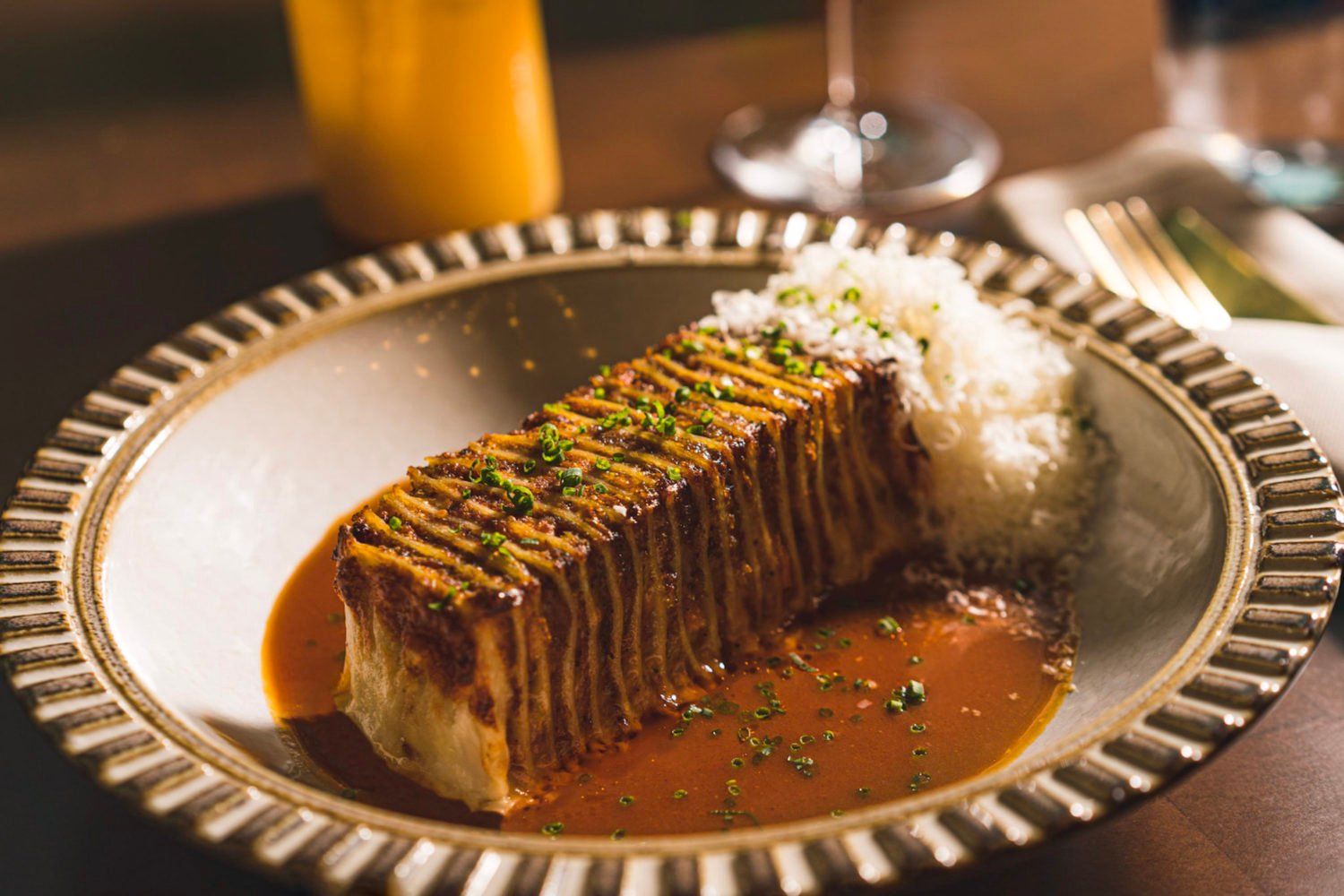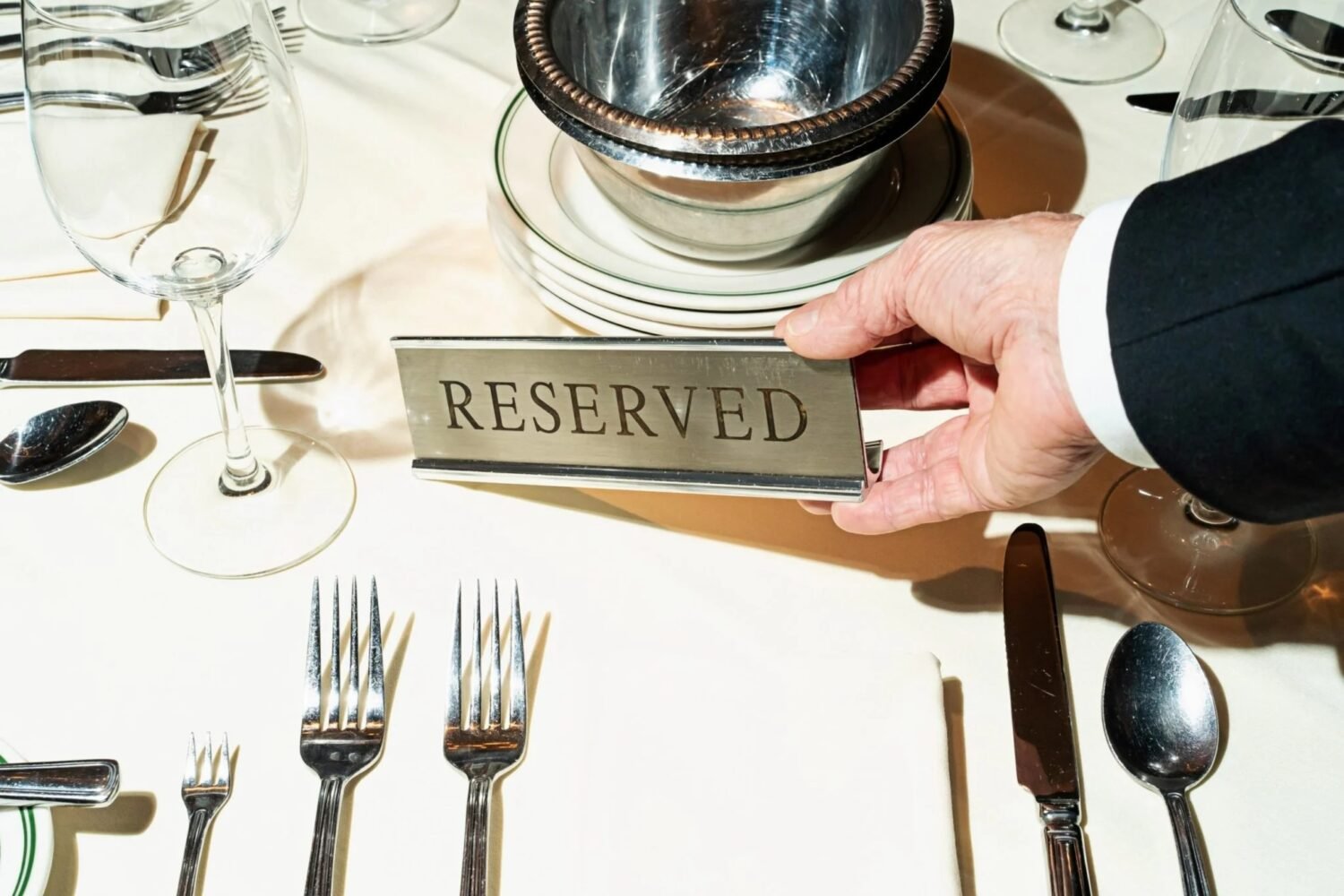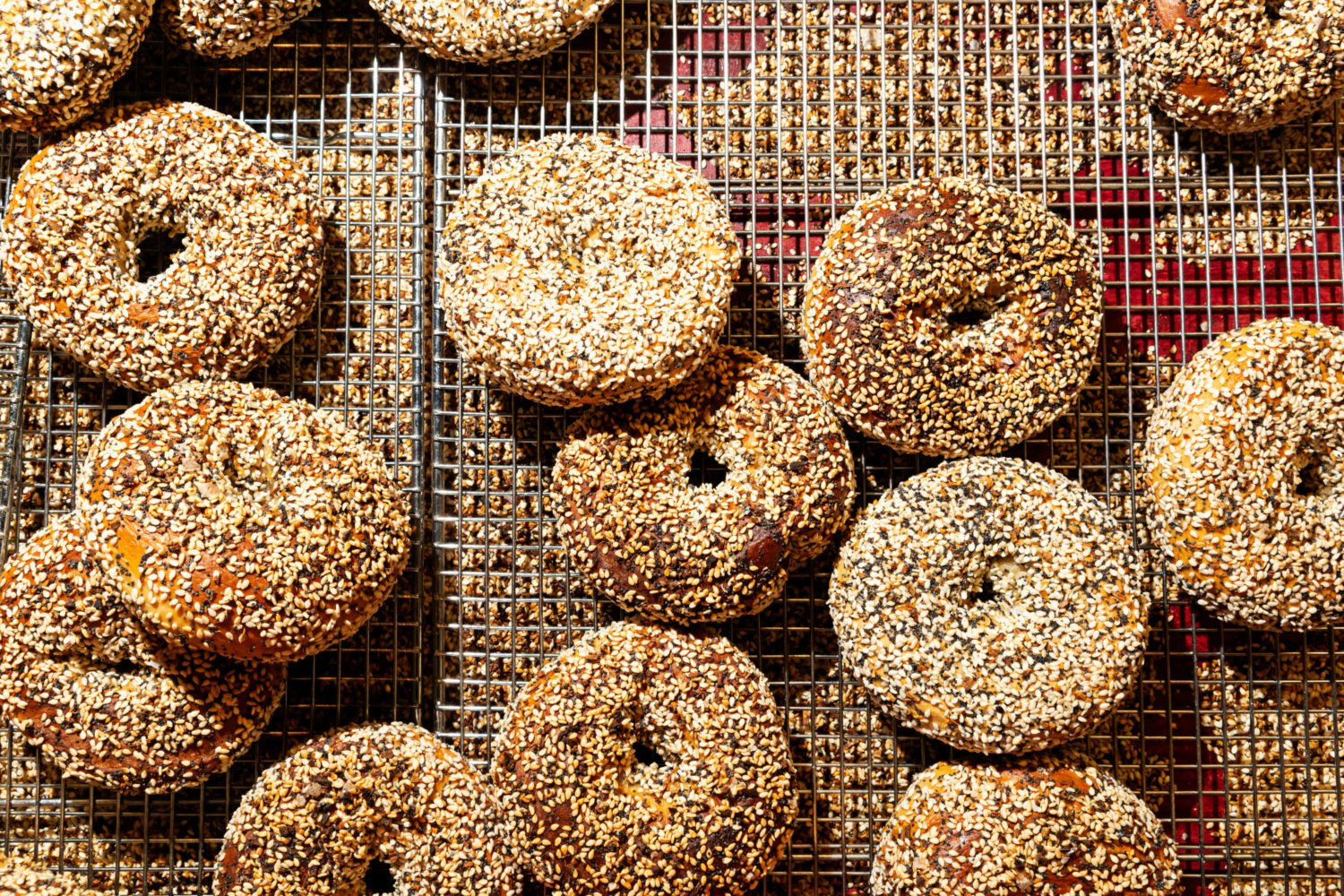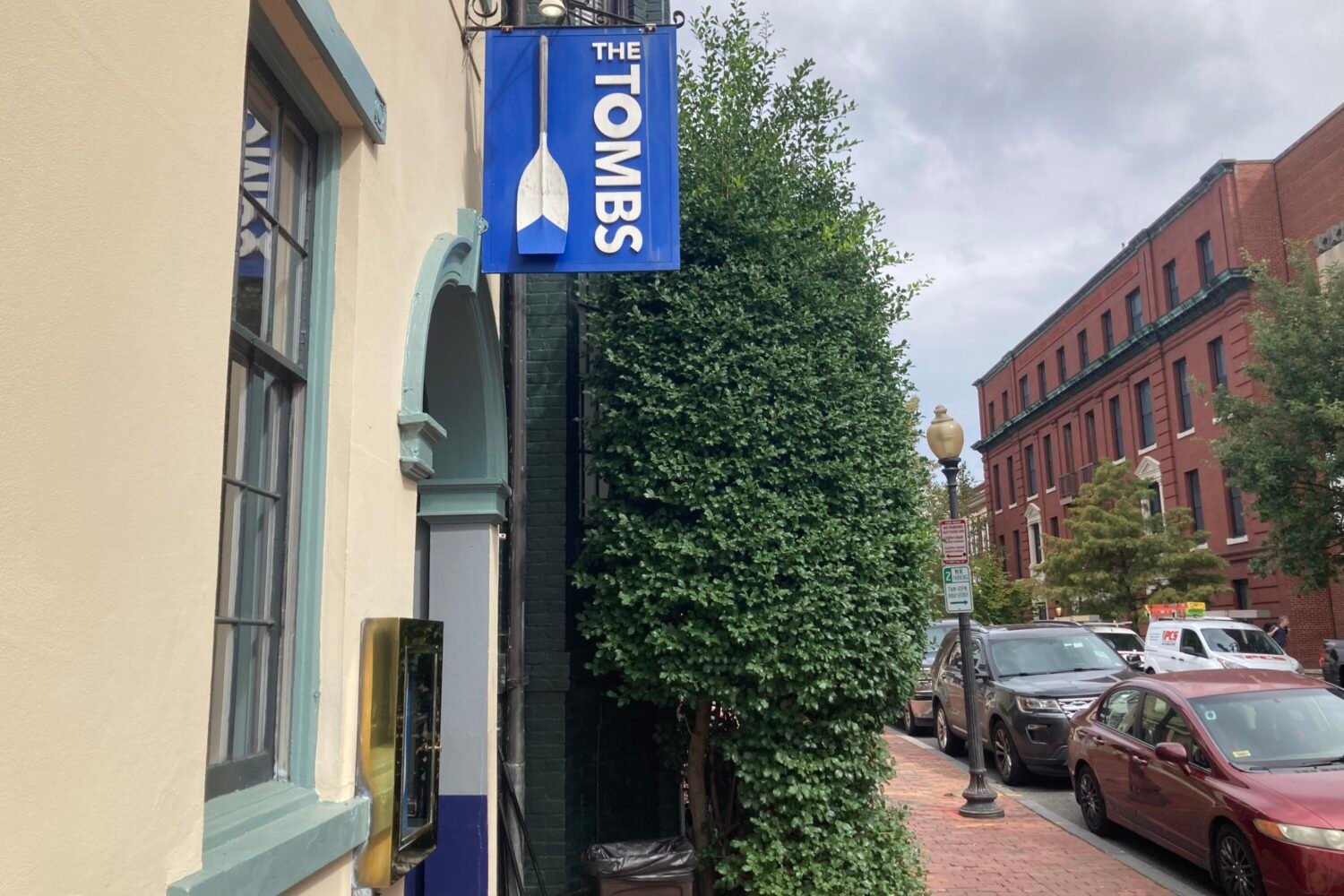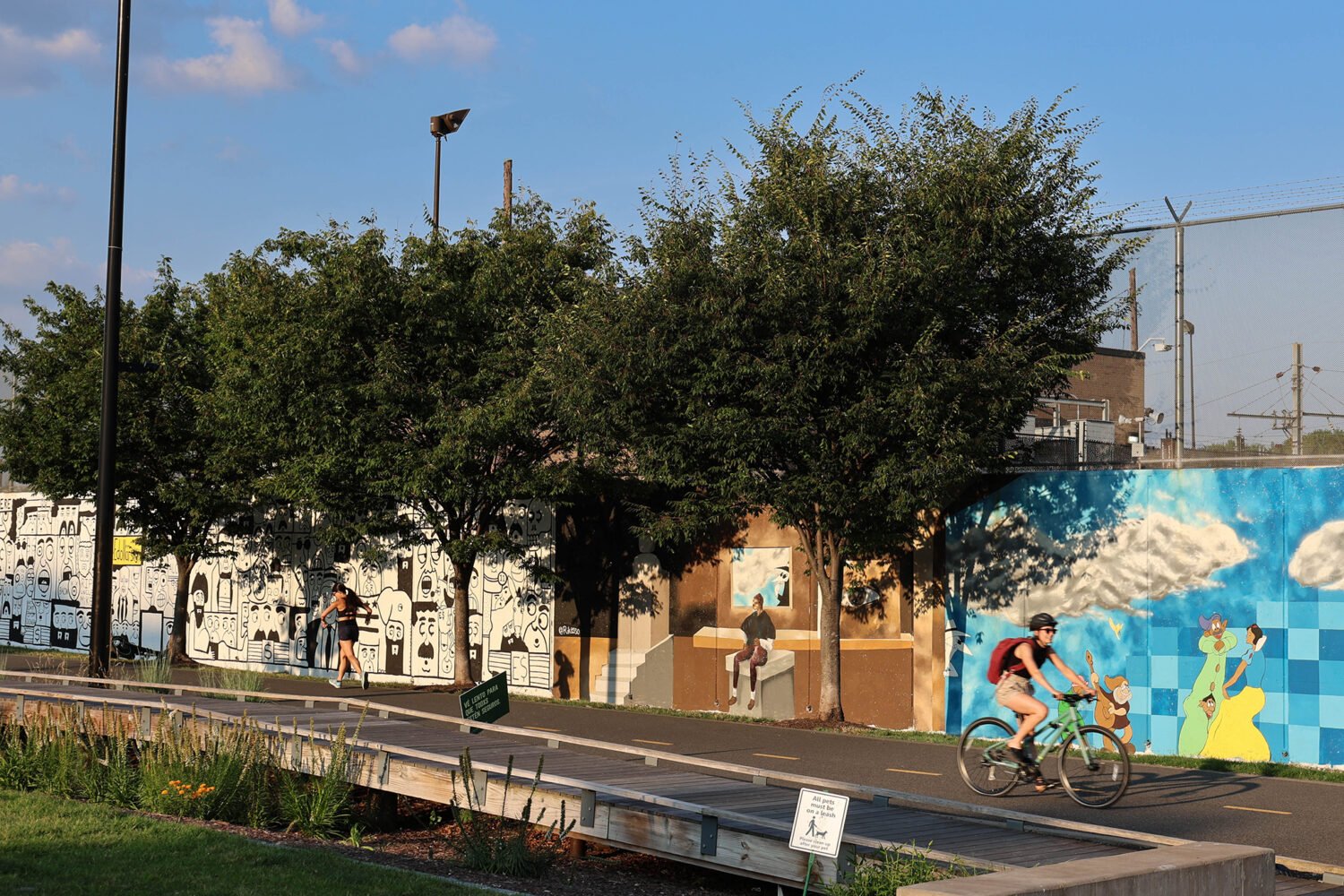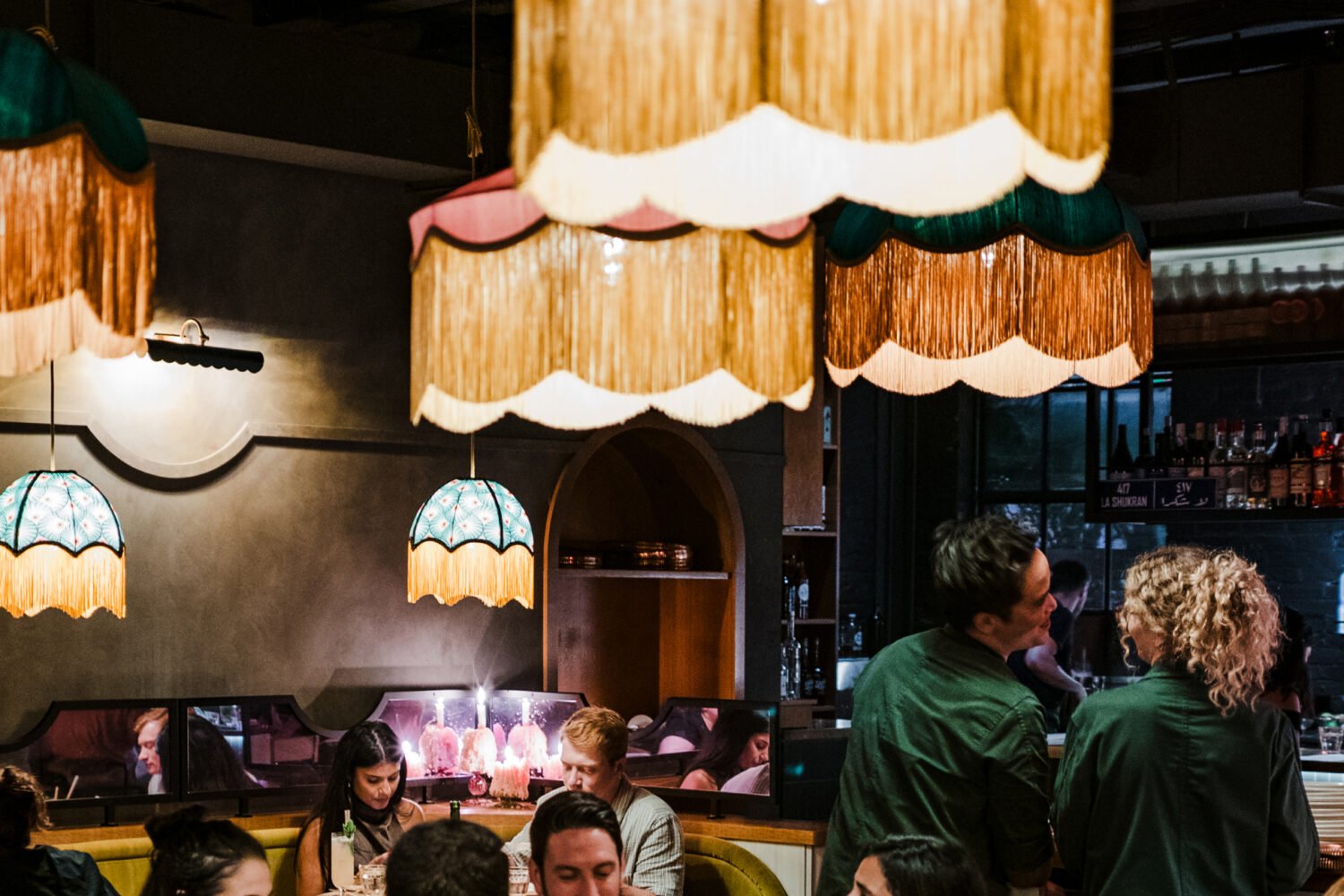
Last fall, as she packed up and moved her restaurant, Huong Que, to the Merrifield area of Falls Church after 16 years in the comfort of Eden Center, Lieu Lai sought to allay her anxiety by thinking of her parents. In the fall of 1982, they had uprooted six kids—four girls and two boys, all under age 12—and fled Bien Hoa, 30 miles from Saigon, for America. Their motivation became a mantra: “Either you do it,” Lieu says, “or you stay and wonder.”
Her parents had always focused on the happy outcome, not the painful process, not what was left behind. The immigrant way: Move on, don’t look back.
For Lieu, Merrifield represented a chance for a fresh start—a new era for her restaurant. So why did the thought of it make her feel weak inside? Why did she feel she was losing as much as she was gaining?
Huong Que had traced a rare arc for an ethnic mom-and-pop: It had gone from obscurity to being a fixture to being a legend. For nearly a decade, it has been on The Washingtonian’s annual list of best Cheap Eats restaurants. Huong Que was the place where many diners discovered how to cut a crispy, sunflower-colored crepe into segments and roll them into fronds of lettuce. Where they learned to use the tangy fish sauce nuoc nam as an all-purpose condiment. Where they first tasted the beef noodle soup called pho.
Leaving Eden Center, the sprawling Falls Church mall that has doubled as a center of Vietnamese life in the Washington area, was akin to leaving the motherland. Over the years, the family had assembled a mailing list of 2,000 customers—would they patronize the new place? Eden center was more than a mall; it was practically a brand. When people thought of going out for Vietnamese food, they thought of Eden Center. Merrifield? Merrifield was big-box stores, fast-food joints, and miles of highway.
But Lieu’s parents lived not far from the new development, and they had decided it was time to pass the torch. With the opening of a new place, they would cede control of the business to the sisters. Huong Que would officially become Four Sisters, the name that Patrick O’Connell—the chef at the Inn at Little Washington and a fan of Huong Que’s lemongrass chicken and spring rolls—had bestowed on it a decade earlier.
Hadn’t that been the girls’ dream? The thing that had sustained them as they stood out in the cold all those years on Constitution Avenue wrapping hot dogs and spritzing mustard on pretzels and dispensing Cokes at their parents’ food cart? The thing that later got them through all those frantic Saturday nights in Eden Center, smiling like runway models as they ran dishes back and forth and put out fires and played culinary mediator?
But now, on the cusp of achieving their wish, two of the sisters begged off. If ever there was a time to try something different, surely this was it. Either you do it or you stay and wonder. One sister, LoAnn, decided she was going to spend her time at Salon L’eau, her hair salon in Georgetown. The eldest sister, Ly, and her husband, Sly, announced plans to start Sea Pearl, a restaurant of their own around the corner from the reinvented Four Sisters.
Everything she had known in her 34 years, Lieu Lai thought, was about to change. It was a new day. She could not have been more frightened.
A photograph hangs on a wall at Four Sisters in Merrifield, a group portrait of a simpler time: The striking young women, their touched-up faces huddled together with sisterly affection, watch over the dining room. It’s a holdover from Eden Center—surprisingly, one of the few. Move on, don’t look back.
Lieu and sister Le have not merely accepted change; they have embraced it. The utilitarian space that was Huong Que has been swapped for a saffron-walled dining room with teal accents; handsome wooden tables and chairs; towering, impressionistic paintings of Vietnamese fishing villages; and Le’s flower arrangements. It’s warm, inviting, and modern.
What comes as a revelation at the new Four Sisters is the cooking, which has never been this good—never this ambitious, this precise, or this fully realized. Credit for that goes to the sisters’ brother, Hoa, whom they have entrusted with control of the kitchen. Hoa, says Lieu, cooked at the old restaurant but was “half mentally there, half out having fun.” Now disciplined and with new focus, his talent flourishes.
Overseeing a menu of more than 160 dishes, many with multiple parts, he manages to make nearly everyone feel like something celebratory, while turning out plates with greater speed than your average Denny’s.
On a recent Saturday night, there was a 40-minute wait for a table, with people gathered by the bar. Five minutes after a friend and I ordered, three appetizers hit the table in rapid succession—first a plate of pork spring rolls, then a marvelous salad of shrimp, pork, and young lotus roots with shrimp-flavored chips for scooping the mixture up, then a plate of shrimp toast.
It was my second time ordering the shrimp toast—less a matter of gauging consistency, as I told my friend, than of indulging a newfound craving: a thick hunk of French bread smeared with shrimp paste, sprinkled with sesame seeds, and fried until golden and slightly crunchy. Such a simple thing, yet no other shrimp toast I’ve eaten has made me think twice about it.
The other star of that meal was a superb plate of roast quail with lime-and-black-pepper dip—a staple of many area Vietnamese kitchens. Far from the desiccated birds you tend to find at most Vietnamese restaurants, these are exceptionally plump and meaty quail—and exceptionally juicy, too, thanks to a lingering bath in a soy-garlic marinade. They arrive looking more shellacked than roasted and flanked by slices of blood orange. The mix-at-the-table paste of fresh lime juice, black pepper, and salt adds a balancing hit of tang and spice.
The finesse of these dishes sets a new standard for local Vietnamese cooking. You might expect such a leap forward to be accompanied by a hike in prices, but it hasn’t happened—most entrées are less than $15, and dinner for two usually can be had for less than $60. Nor is there a self-conscious drift into fusion.
Hoa and his kitchenmates concentrate instead on imbuing their Vietnamese classics with care and love. The grilled pork turns a cheap cut into something akin to art, and it’s even better with gossamer rice-noodle crepes filled with minced mushrooms. Falling-off-the-bone pork ribs, mounded high in a little black pot, defy any attempt to remain decorous—just try not licking your fingers. The same goes for a marvelous hash of baby clams, which is tossed with more fried onions and more fried pork than usual.
It’s a measure of Four Sisters’ consistency and range that, on a menu that covers so much ground, there are so few missteps. Stir-fries—such as a bowl of snow-pea leaves or a fried rice that promised crab but turned up crab stick—tend to be oily and lack the excitement and clarity of the grilled dishes. The pho is nothing you couldn’t get at one of the area’s ubiquitous pho parlors. There are also a number of protein-based salads, a variation of the salmon Caesars you see studding the lunchtime menus of nearly every downtown cafe; they’re pretty to look at, particularly a plate of fried scallops artfully arranged atop a salad of baby tomatoes, lettuce, and shaved onion that you would never find on the streets of Ho Chi Minh City. I wouldn’t seek out any of these, but I wouldn’t turn them away, either.
In its previous incarnation, Four Sisters made its reputation on comfort and service. The staff remains attentive and helpful, eager to suggest dishes, to demonstrate the proper method for balancing the sweetness and thickness of the excellent Vietnamese coffee by adding a little hot water, or to calm a crying baby.
If you’re a first-timer and you order bun—typically confined to a small bowl but here presented on a large serving platter with generous portions of grilled pork, rice-noodle crepes, crispy spring rolls, and a salad of julienne carrot and cucumber all bunched together on the plate—a server or manager will materialize at your table like a doting math teacher looking to help you decode a problem. (Solution: Dump the contents of the bowl of nuoc nam on top and then toss all the ingredients together to make a vivid, aromatic salad.)
A dish of grape leaves stuffed with ground beef, then charred on the grill, also requires a bit of tabletop work. The bundles are to be folded into warm, slightly sticky sheets of rice paper, garnished with mint, basil, and julienne carrots, and then rolled. One night I watched as a man at a nearby table attempted to roll his grape leaves and wound up with sticky fingers and a broken roll. A server returned, pantomimed the procedure, and waited until the man succeeded.
Four Sisters is a different place, a better place—a tastier place. The move west has revitalized it. But in some ways, it’s the same warm, generous restaurant it ever was. As the Lais themselves might say: Forget the painful process; savor the happy outcome.

